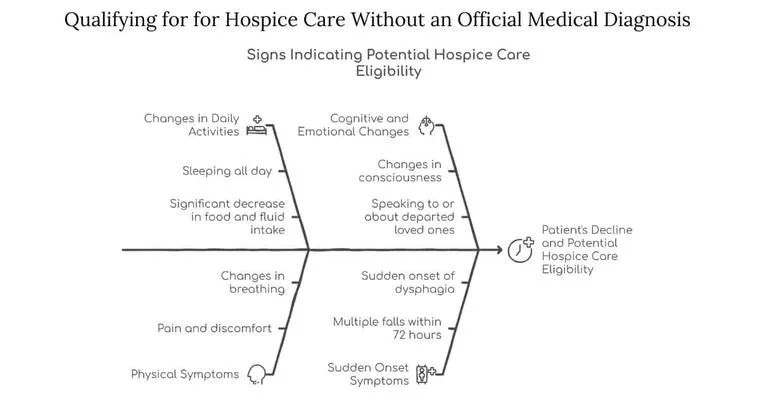Switching to a "PCP" or "Primary Care Physician" that comes directly to an "Assisted Living Facility (ALF)" can seem like a convenient option for many residents and their families. However, not all experiences are positive, and many are left feeling dissatisfied with their choice. If you have made this transition and are already feeling unhappy, you are not alone. It’s essential to understand the common concerns and challenges others have faced in similar situations.
One of the biggest issues reported by individuals who switched to a PCP at an ALF is the "quality of care". While having a physician on-site can be beneficial for immediate health concerns, some patients feel that the level of attention and personalized care may not match what they received from their previous doctors. In many cases, the PCP may be stretched thin, handling numerous patients in a limited time frame, leading to rushed appointments and less thorough examinations.
Another frequent complaint is the "communication" gap between the PCP and the residents. Effective communication is crucial in healthcare, and when a doctor is not familiar with a patient’s history or specific needs, it can lead to misunderstandings and inadequate treatment plans. Residents often miss the rapport they had with their former physicians, who understood their medical history and preferences.
Moreover, the "availability of specialists" may also be a concern. Some residents who have switched to a new PCP may find that their new physician is not as well-connected with specialists or lacks the same referral networks, making it challenging to get necessary care when needed. This can be particularly troubling for those with complex health conditions requiring specialized attention.
Cost is another factor to consider. Although having a PCP who visits the ALF may seem more affordable upfront, hidden costs can arise. If the quality of care suffers, or if there are delays in treatment due to referral issues, the long-term expenses can outweigh the perceived benefits. Residents and families should weigh these factors carefully when considering a switch.
If you are feeling unhappy with your current PCP arrangement, it is essential to address your concerns. Communicate openly with the physician about your experience and any specific issues you are facing. Additionally, consider seeking feedback from fellow residents. Many may have similar experiences and can provide insights or recommendations based on their journeys.
Ultimately, your health and well-being should always come first. If you believe that switching back to a previous physician or finding a new one is the best route for you, do not hesitate to explore those options. Remember, you deserve a healthcare provider who listens, understands your needs, and provides the level of care you expect and deserve.
In conclusion, switching to a PCP that comes directly to an ALF can have its pros and cons. While many appreciate the convenience, others have experienced significant dissatisfaction. Open communication, understanding your needs, and advocating for quality care are vital steps to ensure you receive the best possible healthcare experience. Have you had a similar experience? Sharing your story can help others navigate their choices in healthcare.





